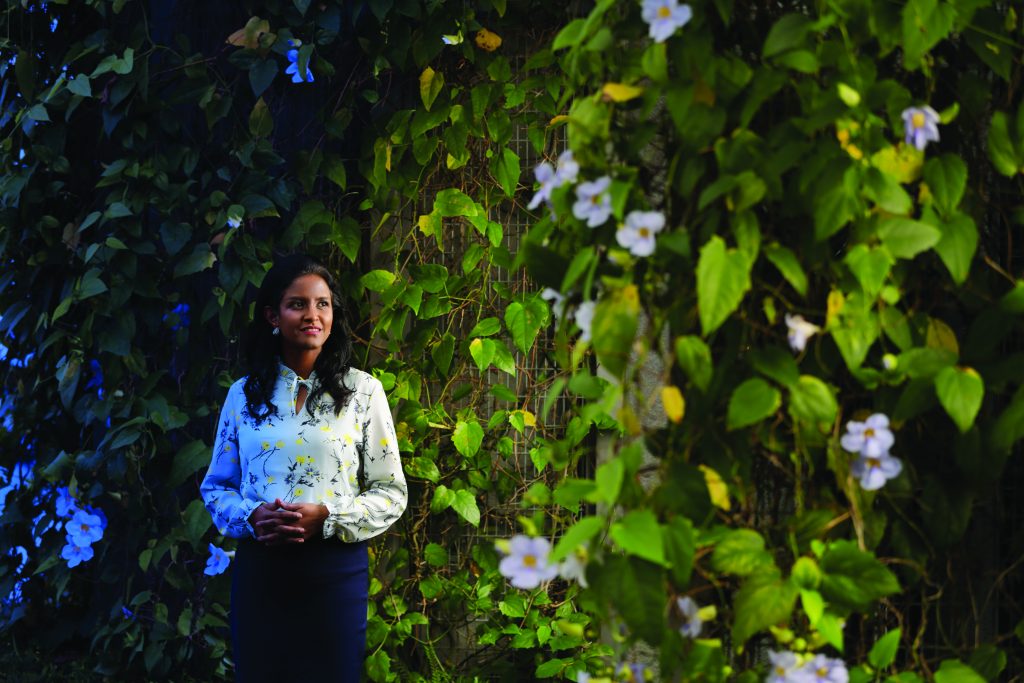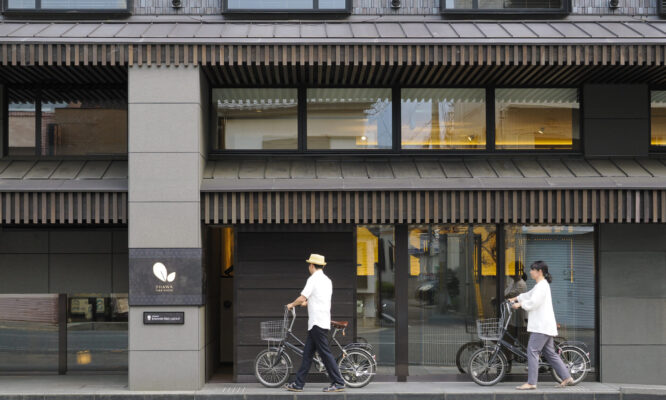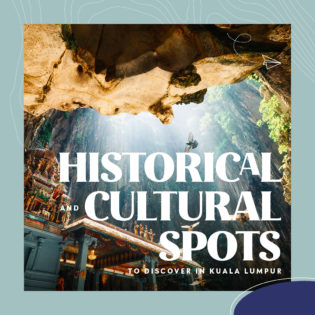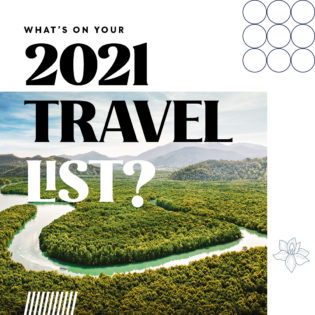As the world celebrates International Women’s Day on 8 March, Going Places dedicates the week to telling the stories of incredible Malaysian women who are doing amazing work for the causes closest to their hearts.
Words Carolyn Hong

Dr Mahaletchumy Arujanan
Executive Director, Malaysian Biotechnology Information Centre
As a child, Dr Mahaletchumy Arujanan dreamed of standing up in a courtroom as a lawyer to make an impassioned plea for justice. “I saw lawyers as being so confident. It was the movies,” she said, laughing at her early impressions.
But her father, a school teacher, knew that the study of science would suit her better, and persuaded her to opt for the science stream in secondary school. She agreed but with a plan to return to law in university.
Little did Mahaletchumy, 50, know then that science would woo her away from law, setting her on the path to helm the Malaysian Biotechnology Information Centre (MABIC). She was named one of the 100 Most Influential People in Biotechnology in the world by the Scientific American Worldview in 2015.
The not-for-profit MABIC is the Malaysian chapter of the International Service for the Acquisition of Agri-biotech Applications, which has its main offices in New York and the Philippines. MABIC works to encourage sustainable development and innovation in science, as well as promote an understanding of science and a science-based response to technological developments.
Maha, as she is usually called, has also been appointed the communications specialist for Sri Lanka for the Food and Agriculture Organisation on bio-safety.
Recalling her school days, Maha said she discovered the sciences to be fascinating for their systematic precision and reliance on factual evidence. She was also intrigued by the many scientific mysteries. “There’s so much more that we still don’t know,” she said.
She obtained a bachelor’s degree in science, majoring in microbiology and bio-chemistry, followed by a master’s in science. She then made a round of several corporations but found that the work didn’t suit her. Neither did solitary lab work.
Communicating science was her forte, and Maha’s career blossomed after she joined the Malaysian Biotechnology Information Centre as a project officer in 2003. She rose to become its Executive Director two years later.
It’s a role that entails communicating with a diverse range of people. On a typical day, Maha may begin by speaking to students about careers in science before attending high-level meetings with politicians and policy-makers on regulating new technologies or reaching out to religious scholars to discuss their concerns. “Everyone has different concerns, so we use different tools to communicate,” she said.
For the young, it could be lively events like carnivals. For serious players, forums are held, and for religious scholars, dialogues are organised.
Maha is open to new ideas. In 2011, she joined forces with a journalist to set up Malaysia’s only science newspaper, Petri Dish, to bring scientific news out of academic journals to the public. The next time you stop for a coffee at Starbucks, pick up the lively newspaper to read about Malaysia’s new bird species or funky fungi!
She hopes that through reading and dialogue, Malaysians will be encouraged to adopt a more evidence-based approach to life. She said too many decisions are still being driven by fear or based on misinformation, from the personal to the highest levels.
In personal lives, many still opt for unproven ‘treatments’ over scientifically proven ones.
In policies, she said while there is a need to regulate developments such as gene modification, this should be based on science and not personal beliefs, focusing on safety but not stifling research and innovation.
Go by the science, is her mantra.
Given her broad role, Maha keeps a packed travel schedule, with at least 10 overseas trips a year and many more domestically. But she has learned to manage her time well, having honed this skill while pursuing a PhD in Science Communication in the University of Malaya while raising two young daughters and continuing her hectic job.
With her husband’s support and daughters’ independent nature, she was able to complete her PhD within four years. Technology helped a lot too, she said. While she was abroad, she could still help her girls with their schoolwork via Skype!
Maha said her role model was, and still is, her late father, who overcame many obstacles to become a teacher. His parents had been labourers in an estate. He was a man who believed strongly in education and supported her efforts all the way.
Her own two daughters, aged 18 and 20, are now pursuing engineering-related studies. Although engineering still lacks women, Maha notes that in general, women now make up at least half the cohort in science courses in universities, and often more.
Women are no longer shying away from science, but many drop out midway in their career to take care of their families. Maha said it’s not unusual to find herself the only woman at the table at high-level meetings. “The work environment has not evolved as fast as women have,” she said.
It wasn’t easy for her, but she persisted because she felt it was important to set an example for her daughters by pursuing her own professional and academic growth. They needed to see that women can have a role outside the home and have a choice in their life direction.
Maha feels so strongly about this that she volunteers with several organisations to motivate and mentor younger women, particularly within her own community. “Half the world is made up of women; think of how much they can contribute with their talent,” she said.









